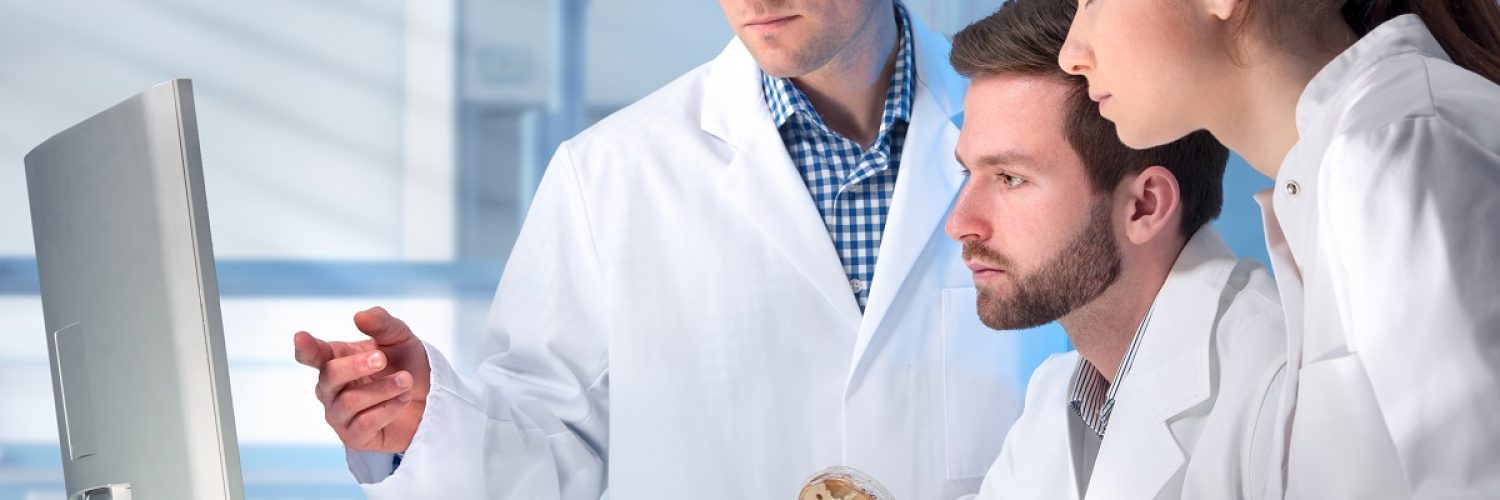Okay, so we’re kidding about the “staying alive” part. But we’re dead serious about the proper observation of the following lab rules for everyone’s safety.
We understand some folks like to play the mad scientist bit, but the lab is not the place to hone your acting skills. Observe proper rules and lab etiquette if you wish to avoid being turned into a science experiment by your colleagues.
10 Lab Rules to Live By
1. Follow instructions to a T!
Do not ever assume to know more than your supervisor, professor, or book. Yes, we know you’re a genius but that does not exclude you from the most important lab rule of all time.
What happens if you break this rule? One, or all, of the following, can happen:
-
You put yourself and others inside the lab in danger.
-
You damage the lab, its equipment, and other laboratory paraphernalia.
-
You ruin your experiment and waste all the time and effort you put in.
-
You get suspended or fired, depend on whether you’re a student or a researcher.
2. Know where the safety equipment is.
In case a freak accident happens, it is always good to know where the safety equipment is located. It’s also recommended that they are periodically checked if they are fully functional.
That laboratory autoclave that sanitizes equipment should be in proper working condition. That fire extinguisher along the hallway should be checked if it still has the lock pin on it and is not blocked by any large object. You get the idea.
3. Dress appropriately.
The laboratory is not a catwalk for you to showcase the latest trends in summer fashion. Your clothes serve as your protection against lab accidents. Cover up and make sure you have your protective gear on.
4. No food and drinks allowed.
The probability of contaminating food and drinks in a lab is high. It could get exposed to certain chemicals or pathogens that once ingested, can do your body irreparable damage. You can reach for the wrong glass and accidentally drink a highly toxic chemical.
5. No eating or sniffing of chemicals.
If you’re not allowed to bring food and drinks inside the lab because of the risks of working with chemicals, neither should you taste nor sniff them. If your intent in smelling or tasting a substance is to identify what it is, then get into the habit of labeling things. Labeling is the best way to know what’s inside a container.
6. Do not get into your mad scientist character.
Again with this mad scientist bit. Behave appropriately and responsibly inside a laboratory. This is not a playground or a theater stage to work on your acting skills. Neither is this the place to work on your bartending skills by mixing and combining chemicals. Improper behavior can cause accidents like explosions, fires, or the release of toxic chemicals in the air.
7. Get rid of lab waste properly.
Before working with an experiment, it is important that you already know how you will dispose of it in the end. Certain chemicals, biological cultures, and equipment have proper disposal protocols. Make sure you know what to do with the ones you are working with.

8. Know what to do in case of emergency (read: a freak lab accident).
Accidents are inevitable. At best, you can lower the risk of an occurrence. If an accident happens, tell your supervisor or professor immediately. Come clean. You might endanger yourself or your colleagues if you try to cover it up. Know the proper laboratory emergency procedures by heart more than you do the periodic table.
9. Do not bring home lab experiments (yes, super bionic guinea pigs included).
As fun as it may seem to show off your super bionic guinea pig to your friends and family, that is a big no-no. This is the stuff of science fiction and horror movies.
Bringing experiments home with you can potentially endanger others and yourself. It may be contaminated and spread to other people or you can misplace an important specimen. As much as we would like to see your squirrel shoot laser beams from its eyes, keep it inside the lab.
10. You are not the test subject.
If you have been inspired by your bionic rodent and decided to perform the same experiment on yourself, don’t. No experiment, no matter how brilliant and flawless it is on paper, is worth risking your own life for.
Observing proper laboratory behavior ensures everyone’s safety in the facility. While we poked a bit of fun on the subject, lab safety is a serious matter because it can actually save someone’s life.

